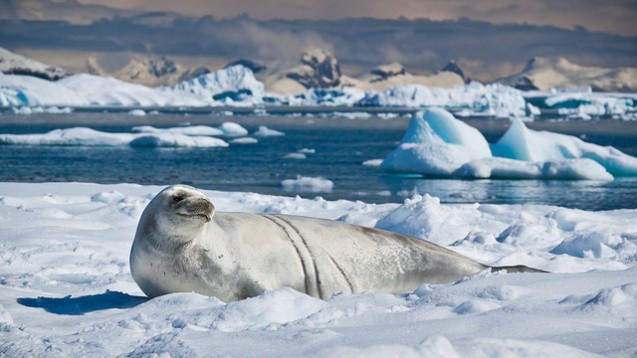
By: Jemimah Chungu
A latest scientific discovery has revealed that a bacteria specie in the coastal waters of Antarctica has become intolerant to the rising temperatures due to warming of the earth by ozone layer depletion. The ozone layer depletion has also worsened due to the increase of pollutants exposed to the ozone which protects direct sunlight from striking the planet and the earth’s surface.
A new scientific publication reported that there is a hard limit to organisms’ ability to evolve adaptations to heat waves and long-term temperatures driven by climate change (caused by ozone layer depletion). Bacteria are the Houdinis of evolution, escaping even the most challenging of environmental pressures.
The bacteria specie’s failure to adapt to the rising temperature in pressing issues of the environment as a whole which affects every specie including people on the planet is a cause for concern.
Bacteria are the producers of the entire ecosystem. Bacteria are important for producing plants through the process of creating their own food which animals and people feed on. They are also a major player in natural earth supporting process such as photosynthesis, chemosynthesis, the carbon cycle and others.
Bacteria are also decomposers. Decomposition is a processes through which life (biotic factors) restores. Decomposers like bacteria are referred to as ‘recyclers of the ecosystem’. The life of oceanic flora and fauna restores from decomposition and if more bacteria species become intolerant to the rising temperatures in Antarctica, life there will be extremely hard to restore.
The bacteria’s specie failing to cope in the Antarctica gives the planetary – ecosystem a strain because the Antarctica is a regional habitant to a lot of fauna and flora that only survive in polar areas and it is part of other earth-supporting processes such as the water cycle.


